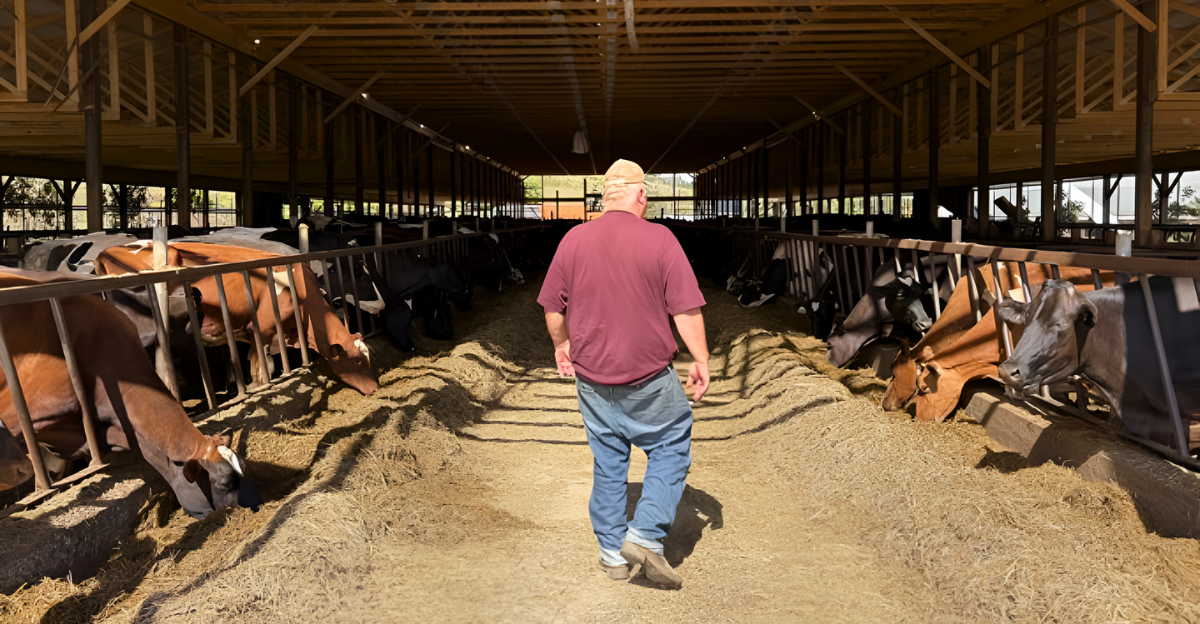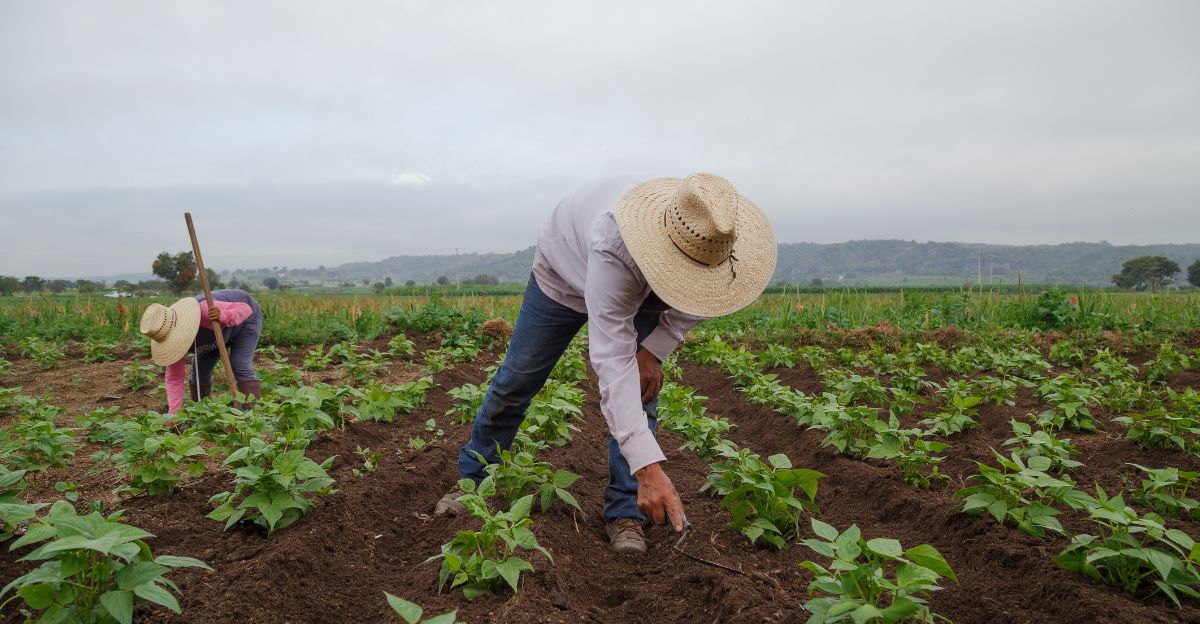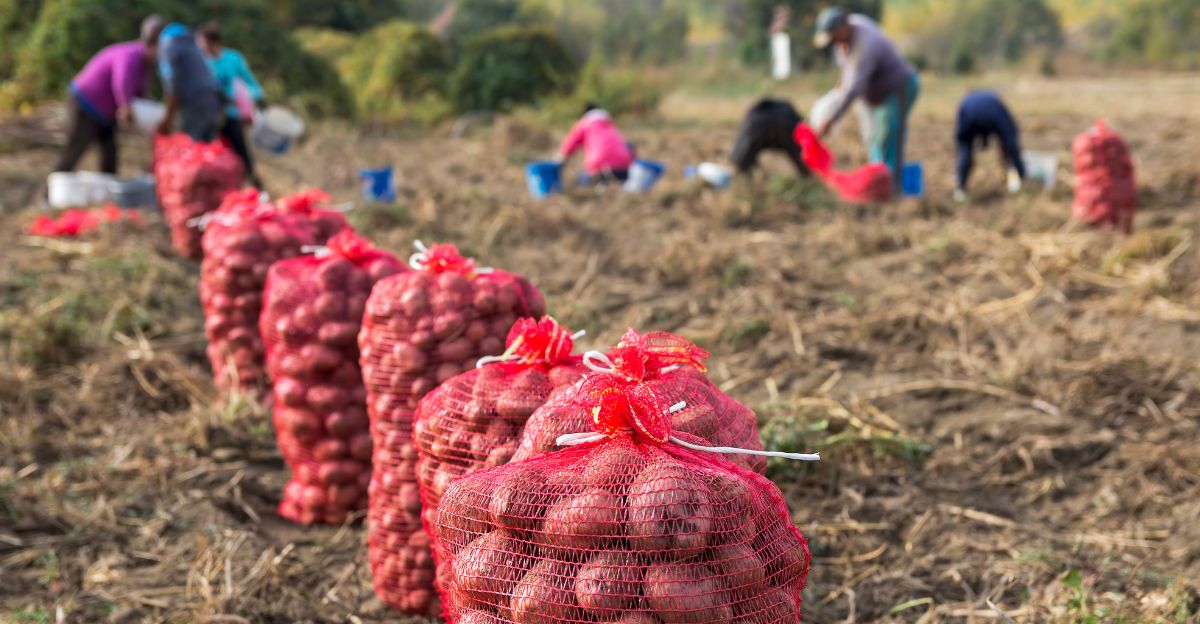
In the rolling hills and valleys of Pennsylvania’s conservative farm country, a crisis brews. Dairy farmers, crop growers, and livestock producers sound the alarm—they lack enough workers to keep their farms running.
The problem hits deepest in “deep-red” counties, where most residents backed President Trump and expected his policies to help agriculture. Instead, fields remain unharvested and barns unmanned due to falling immigrant labor, changing demographics, and stricter immigration enforcement. Farm groups now call on lawmakers and town halls, warning that the state’s agricultural backbone teeters at risk.
The numbers highlight this pain. Between March and July 2025, the U.S. lost 155,000 farm jobs—about 7% of all such positions—with Pennsylvania’s rural regions among the hardest hit. Pew Research Center reports U.S. immigrant farm workers fell by 750,000 over the same months.
Many dairy operations have sold their livestock, while others post job ads and see no applicants. The labor shortage triggered a ripple effect: less farm income, higher consumer food prices, and a genuine threat to America’s food supply.
Causes and Impact of the Labor Shortage

Farmers cite several causes for their struggle to find workers, but most point to stepped-up immigration enforcement.
Recent raids and tighter border policies led up to 70% of some farm labor forces to quit or never return—especially among undocumented laborers, who make up more than 40% of America’s farm workforce.
Many of these workers have lived in the U.S. for more than a decade, quietly sustaining rural communities. Fear and legal uncertainty now push them out of the fields or out of the country.
Crops go unpicked. Milk spoils. Livestock lacks care. Machines and automation have not closed the gap. Most U.S.-born workers pass on the physically demanding, low-wage jobs that keep farms running.
“We need people to do the jobs Americans are too spoiled to do,” says John Painter, a dairy farmer in Westfield. Tim Wood, a director at the Pennsylvania Farm Bureau, also warns, “If we don’t get more labor, our cows don’t get milked and our crops don’t get picked”.
Response and Uncertain Road Ahead

Policymakers know a crisis is at hand, but solutions prove elusive. Representative G.T. Thompson, who leads the House Agriculture Committee, frequently hears farmers’ warnings.
Most debates center on the H-2A visa program, which allows seasonal foreign workers but leaves year-round businesses like dairy farms on the outside. Many criticize the program as expensive and bogged down by red tape.
Pressure for broader reform is building. Agriculture leaders want streamlined access to migrant labor, saying the nation’s food supply depends on it. But partisan strife, cost debates, and hopes for robotics or “domestic help” slow progress. Farmers insist only dedicated, willing hands can keep rural Pennsylvania’s lifeblood flowing.
On the farm, uncertainty drags on. Barns fall quiet. The future of Pennsylvania agriculture hangs in the balance, as farmers repeat their plea: “We just want to keep feeding America. But we need help—and we need it soon.”